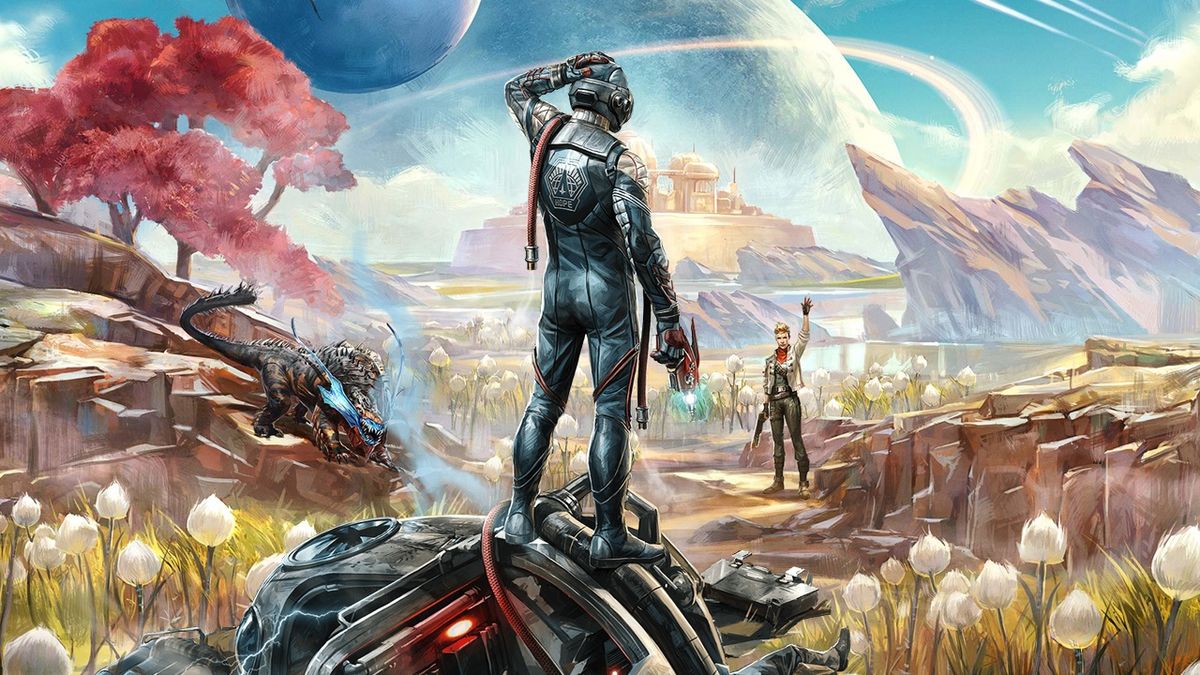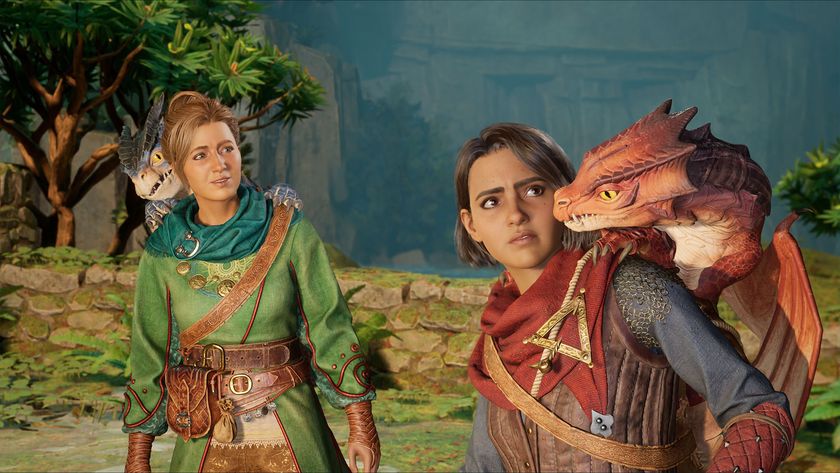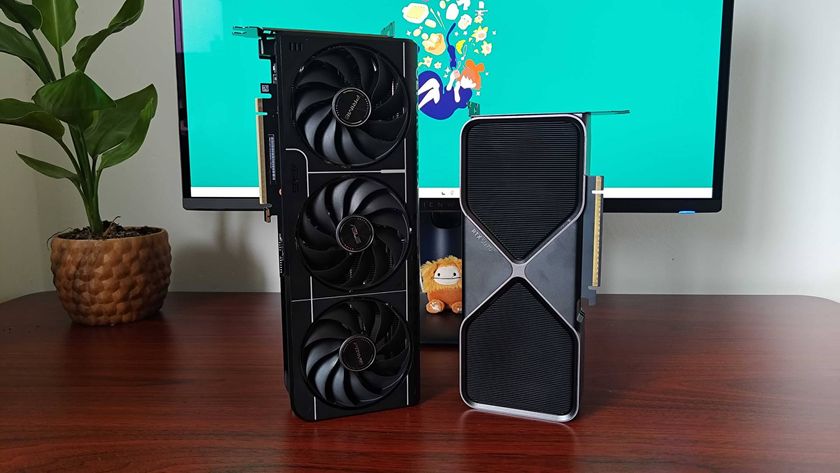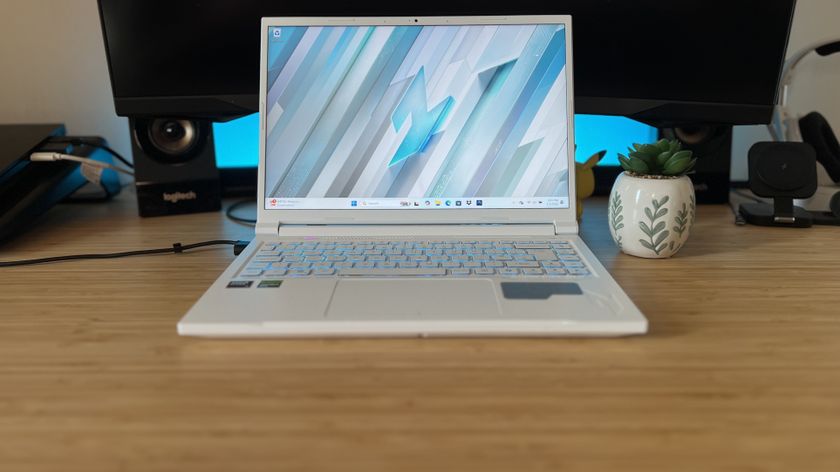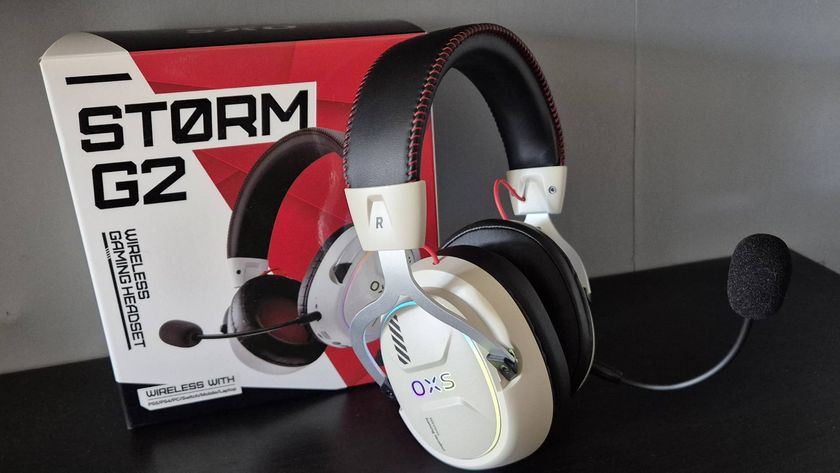12DOVE Verdict
The Outer Worlds marks Obsidian operating at the top of its game, and a strong foundation for a new franchise that seems destined for greatness.
Pros
- +
Exquisitely well-realised setting
- +
A wealth of robust RPG mechanics
- +
Unparalleled player agency
Cons
- -
Uneven, garden-variety combat
Why you can trust 12DOVE
You're going to be doing a lot of talking in The Outer Worlds. Or, rather, you're going to have a lot of people talk at you before selecting from one of several pre-written dialogue options in response. Anyone who's played a Fallout game won't be a stranger to this kind of interaction, but The Outer Worlds is keen to put these discursive parlays at the forefront of its role-playing experience.
In fact, I'd wager that over two thirds of my time with The Outer Worlds was spent in conversation with Halcyon's denizens, all fully formed with their own thoughts and motivations, and brought to life through strong voice performances and convincingly rendered facial animations across the board. That amount of verbiage will sound off-putting at first, but these are some of the most well written, multi-faceted, intelligent and human NPCs I've ever had the joy of getting to know, and the intricacies of conversing with them brings its own kind of rewards, making for The Outer Worlds' best moments.
These characters will react so acutely to your behaviour, the company you keep, and the events that transpire around them, it hurts my brain to even imagine how Obsidian accounted for every dialogue tree stored within their coded personas. Whether it's a potential boss fight suddenly becoming a lucrative trade partner after it turns out he's friends with one of my companions, or a total stranger expressing their disgust at my choice of clothing, I never got tired of discovering how Halcyon's inhabitants would express themselves in conversation, even if I did sometimes find myself skipping through chunks of dialogue when the exchange got too exposition heavy.
Close encounters

The Outer Worlds frontloads its deep dialogue systems because Obsidian knows that's where its strengths lie; but it's still a shame that the game's combat still feels relatively undemanding and rudimentary in comparison. There's nothing particularly wrong with it, per se, but the game's array of first-person firefights and melee brawls don't quite enthral in the same way as its contemporaries, even with a fairly substantial arsenal of weapons at your disposal.
Take Tactical Time Dilation; a side-effect of your character's sudden awakening from cryosleep which lets you slow down time at will. It's The Outer World's replacement for Fallout's VATS mode, yet lacks that system's strategic orientation and memorable sense of impact, thus ending up as a forgettable gimmick that adds little depth or colour to combat. Sneak enthusiasts will also likely be disappointed by the The Outer Worlds' ropey stealth mechanics, which make it frustratingly difficult to execute covert kills without alerting other nearby enemies, especially in the absence of ranged tools like crossbows or silencers.
There is, at least, a full cast of recruitable companions, two of whom can join you on your adventures at any one time, and bring their own flavours to the carnage via special attacks that lend a pulpy, cinematic flair to critical hits. Watching them stomp, smash, quip, and drop kick their way through enemies was enough to keep fights entertaining, even if the efforts of my own attacks never connected with as much panache or impact.
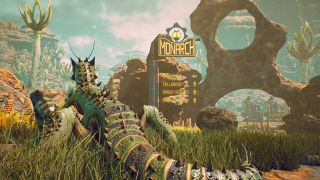
Here's the thing, though; you can avoid The Outer Worlds' combat encounters almost entirely if it's not your cup of tea, because the choices about the kind of spacefarer you want to be affects the player experience from top to bottom, as emphasised from the moment you boot up the game and start creating your character.
Invest your Skill Points in Engineering and Stealth, for example, and you should be able to hack and lockpick your way around any nearby aggressors, while those with the gift of the gab (a.k.a. a high Dialogue and Temperament build) can usually pursue verbal alternatives to violence, avoiding the need for any conflict in the first place. The freedom to progress your character through The Outer Worlds' dizzying brew of attributes, skill points, perks, flaws, companions, armour and weapon management, and reputation borders on limitless, and practically demands multiple playthroughs of its 25-30 hour campaign.
Decisions, decisions
That campaign is just as enrapturing and open-ended as The Outer Worlds' old school RPG foundations, too, beginning as a simple quest to save your abandoned colony ship from being left in orbit by Halcyon's ruling mega-corporation The Board, and unfolding into something else entirely over the course of your planet-hopping escapades. That's thanks to Obsidian's masterfully constructed branching narrative, one that's completely free from any binary morality system to weigh it down.
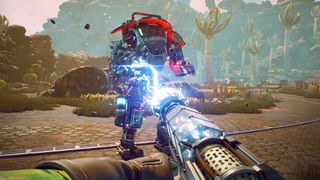
"The Outer Worlds absolutely delivers on its premise as an immersive, full-bodied RPG."
You can kill friends, partner up with former enemies, or terrorise entire towns if you want to, but Obsidian's carefully layered system of failsafes and alternate pathways means there'll always a plausible route for you to pursue each questline, with no arbitrary gauge of right and wrong to push you in certain directions. In a way, this makes some of The Outer World's narrative choices even more tough to grapple with, as they all sit in deliciously uncomfortable grey areas with no gamified moral code to rely on for answers.
I can't count how many times I was about to close the books on one of The Outer World's many multi-layered quest lines with a decision, before one last minute factor (perhaps one of my companions suddenly voicing their opinion on the matter, or an uncovered computer log revealing a new side to the story), made me reconsider my choices all over again. The Outer Worlds' multiple endings are an inevitable offshoot of that fluid structure, then, but - no matter how you see in the credits - you'll know you've left a determinable impact upon this world, one that will have changed the course of its future.
And what a world it is. Halcyon has been meticulously conjured up by Obsidian from top to bottom, with some of the finest writing and world-building I've seen from a game in recent memory. The studio sets its sights firmly on the avaricious extremes and laughable absurdities of crony capitalism, consumer culture, and red-tape bureaucracy, littered with satirical parables of exploitation that are as tragic as they are rib-tickling in their jet black punchlines.
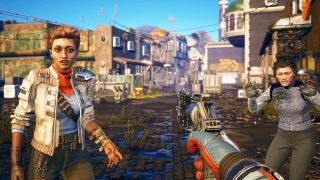
Everyone in Halcyon has a story to tell about corporate mismanagement, mistreatment, or straight out malevolence, each one darkly humorous in tone yet not too far-fetched from the stories of greed and callousness you see in the real world today, making them all the more powerful as indictments of the ruling class. But there's real soul at the heart of this dystopian milieu, too, especially when it comes to your crew of motley companions. Each recruitable team mate (who will also readily leave your services if you do something to piss them off) steps aboard your ship with their own personal worldviews, emotional baggage, and connections to Halcyon, but watching this group of strangers slowly gel into a united crew of friends is genuinely affecting.
From the adorably naive Parvati, to the curt yet always surprising Vicar Max, the way in which each companion develops believable relationships with you and each other evokes the kind of space crew camaraderie that harkens back to the best of Mass Effect 2. By the end of my travels, I was completely invested in the world of Halcyon as a living, breathing place, and can only hope this is just the beginning of a brand new franchise for Obsidian, especially now that it's a first-party studio with the might and support of Microsoft behind it.
Each of Halcyon's various zones are relatively small in size, but Obsidian makes up for that more focused scale with a strong sense of environmental diversity, from drifting megamalls soaked in neon to terraformed jungles of engorged fungi and craggy red rock. Not only that, but one of The Outer Worlds' greatest distinctions from its most obvious comparison, Fallout, is its exceptional level of polish, at least on PlayStation 4.
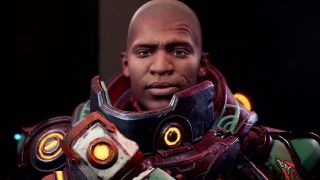
Playing on a standard PS4 Slim, the game ran at a reliable and steady framerate, with only the odd freeze and texture pop-in occurring here and there to load in assets for new environments, while I can count the total number of bugs I encountered in my first playthrough on one hand. Loading times are a bit of a hassle in terms of their length and frequency, but The Outer Worlds is an experience that's otherwise hard to fault on the technical side, with a glowing, Golden Age inspired art style that elevates its modest graphical makeup into some seriously eye-pleasing playgrounds.
Obsidian's talent for sharp writing, choice-based narrative, and complex role-playing systems have coalesced together to create one of the strongest new IPs of the generation with The Outer Worlds. There's plenty of room for improvement when it comes to making combat as compelling and rewarding as the rest of the game but, nevertheless, The Outer Worlds absolutely delivers on its premise as an immersive, full-bodied RPG that successfully picks up the baton where Bethesda has been dropping it of late.
Those expecting a straight-up spiritual successor to Fallout: New Vegas might be surprised by Obsidian's more contained and old-fashioned approach to science fiction, but stick with this unashamedly talkative tragic comedy, and you'll discover one of the smartest games of the year.
I'm GamesRadar's Features Writer, which makes me responsible for gracing the internet with as many of my words as possible, including reviews, previews, interviews, and more. Lucky internet!
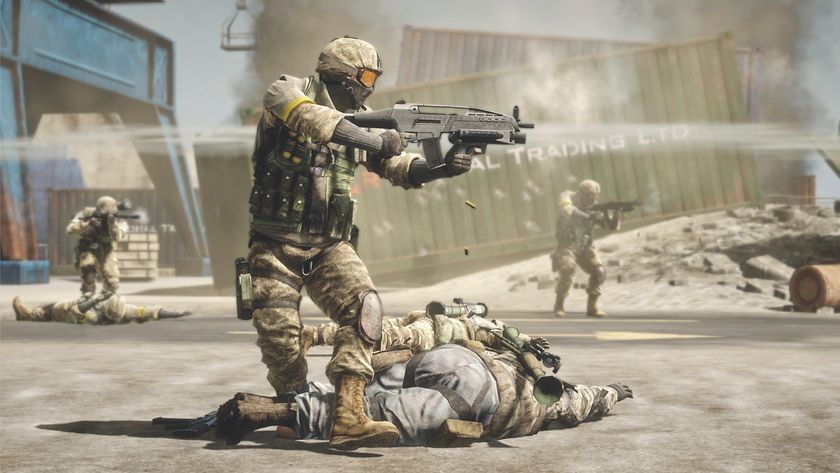
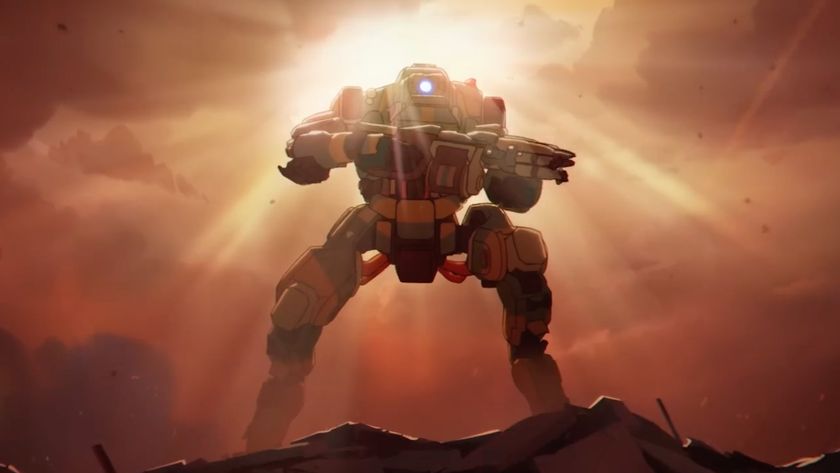

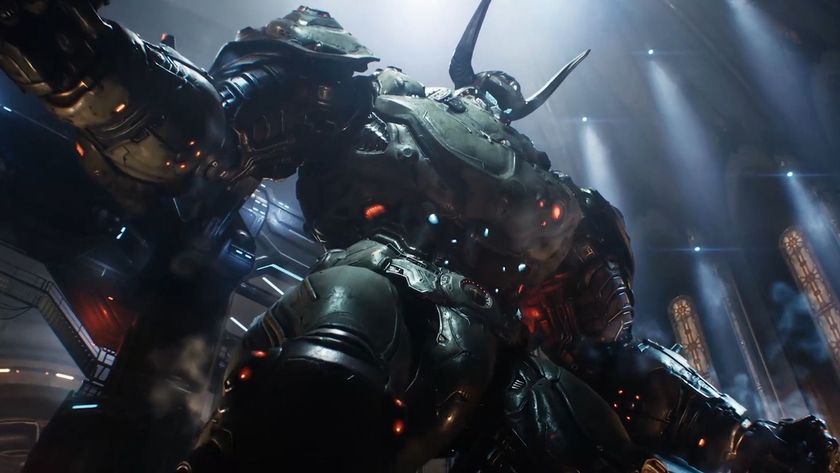

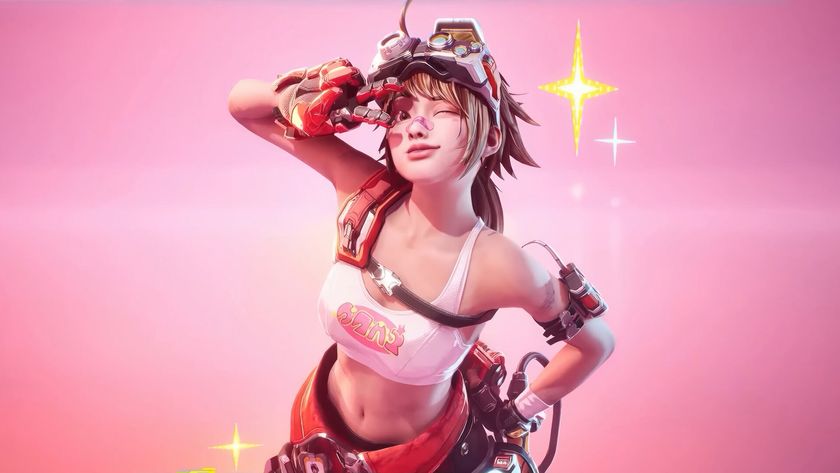

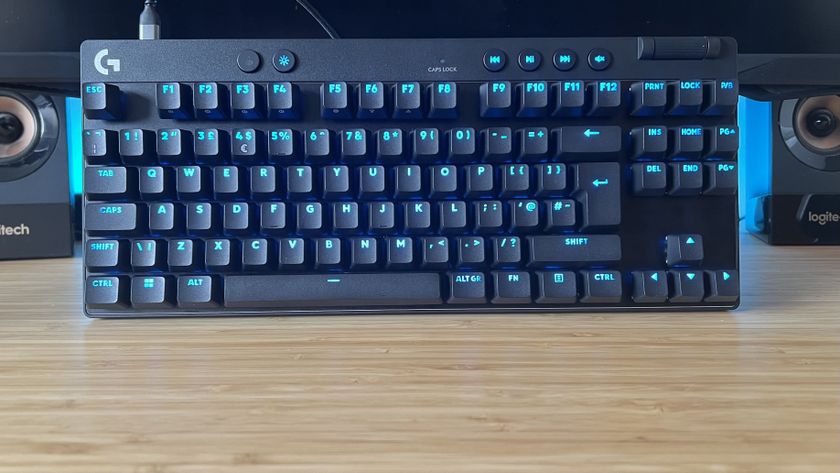
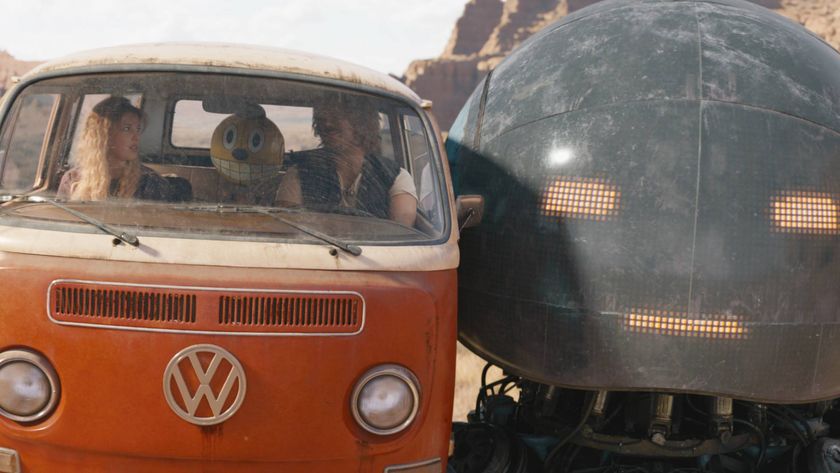
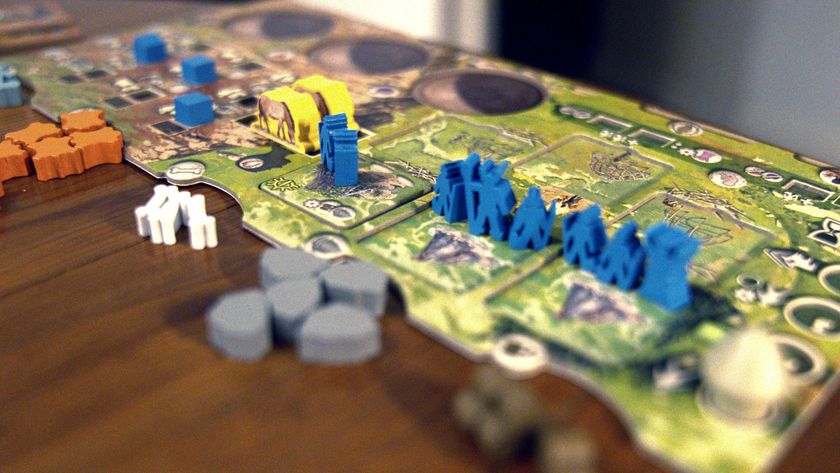
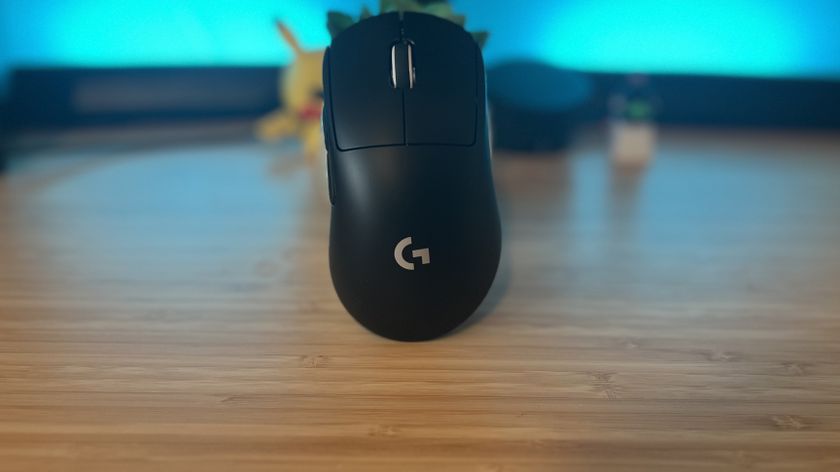
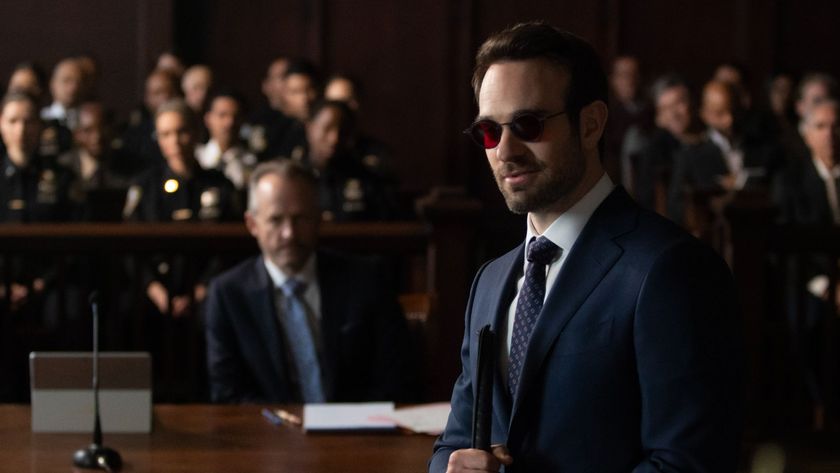
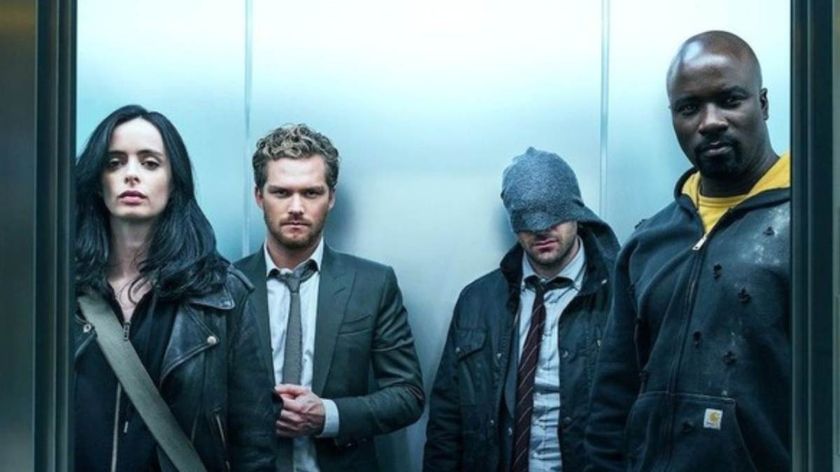
Marvel fans are discussing which of the Netflix series characters would have survived the Blip
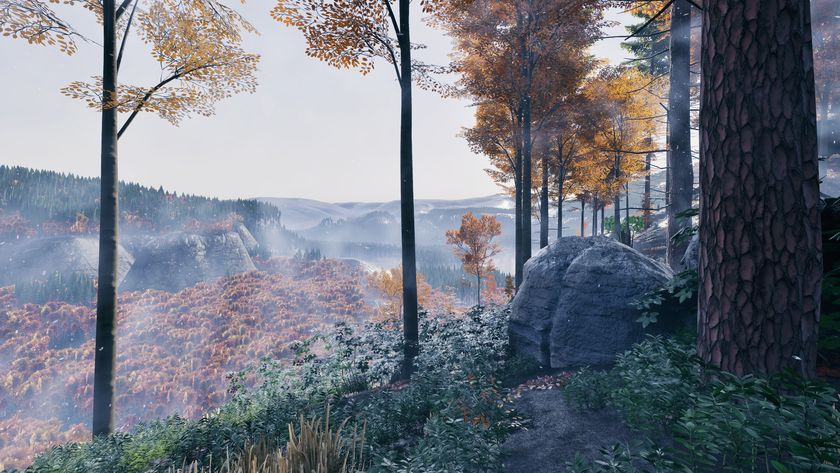
PUBG creator's wilderness survival game actually draws inspiration from an unexpected place - a whole raft of zombie games like DayZ, Project Zomboid, and Left 4 Dead

The Witcher 3 devs created a Jekyll & Hyde-style character for their new vampire RPG "because nobody yet has done that"
